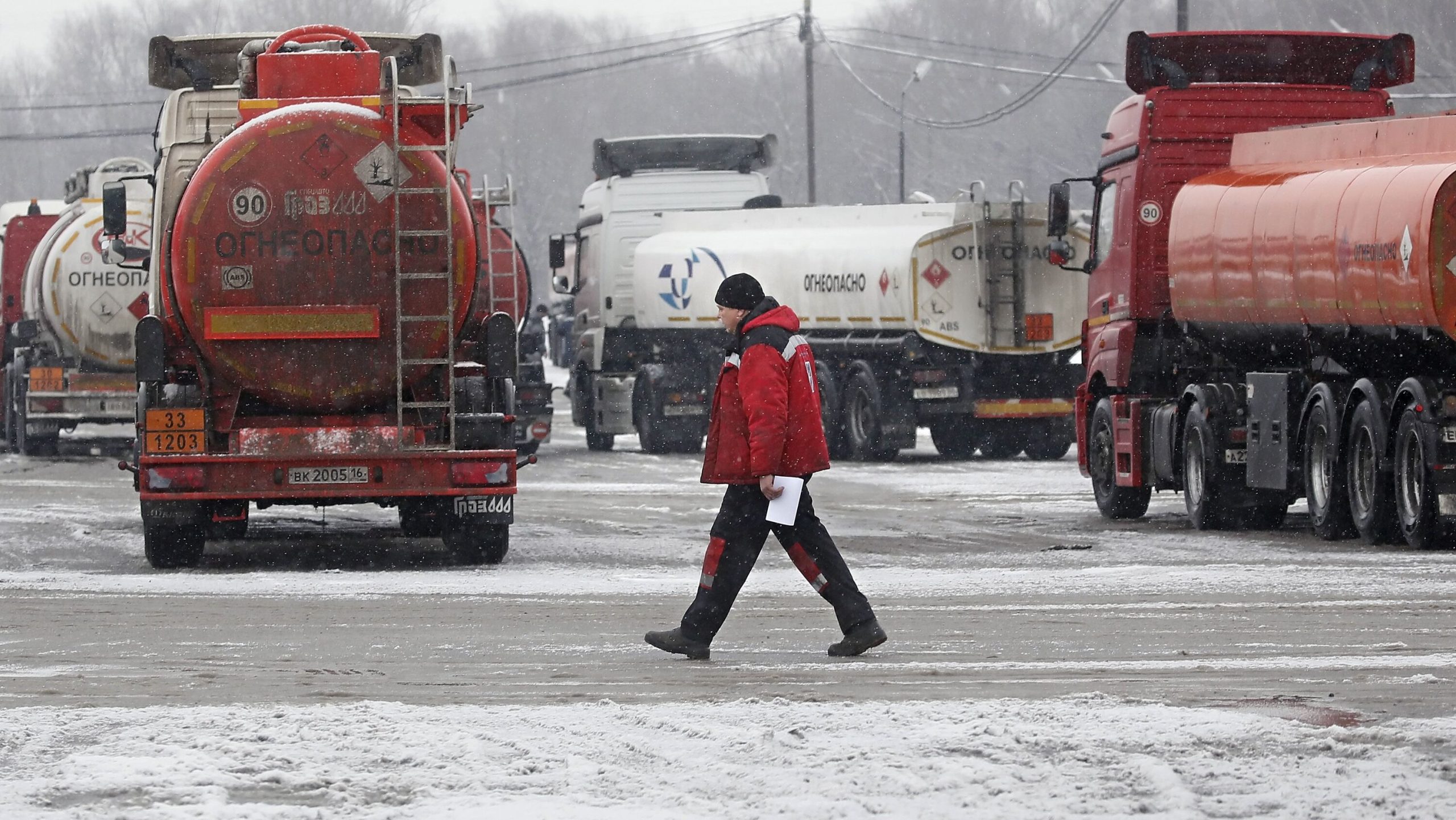(Bloomberg) — Turkey is loading up on millions of barrels of diesel from Russia that European Union countries can no longer buy.
Shipments of diesel-type fuel into Turkey from Russia last month soared to the highest in at least seven years, Vortexa Ltd. data compiled by Bloomberg show. That follows sanctions in early February that stop EU nations from purchasing seaborne imports of Russian fuel in response to the invasion of Ukraine.
While Turkey was expected to pick up more Russian barrels once the restrictions kicked in, the scale looks impressive. Flows topped 10 million barrels in March, almost 50% more than in February and enough to meet the country’s demand for at least a couple of weeks. It’s also potentially lucrative, because Turkey is likely sourcing fuel at attractive prices.
“Turkey benefits the most as it gets access to distressed Russian gasoil/diesel,” said Eugene Lindell, head of refined products at consultancy Facts Global Energy, adding that it also means Russia is finding a buyer for its supplies.
Since Turkey can legitimately still import diesel-type fuel from Russia, traders can potentially bring in relatively cheap barrels to meet the country’s energy needs. At the same time, Turkey’s own production could be sold at a higher price to the EU.
The extent to which that is or isn’t happening isn’t clear. While Turkey’s overall imports increased in March, buoyed by shipments from Russia, its exports were relatively steady.
The picture could also have been complicated by refinery maintenance. That may justify the need for more imports to meet Turkey’s demand, which the Joint Organisations Data Initiative put at 560,000 barrels a day for December.
The impact of recent devastating earthquakes on the country’s diesel import requirements is also hard to quantify.
“The only logical conclusion on Turkey is that the refining system is operating at much lower levels,” Lindell said. “Whether this is related to the earthquake remains to be seen.”



